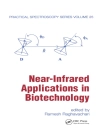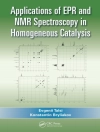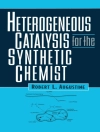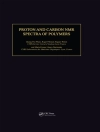Due to its many potential benefits, including high electrical
efficiency and low environmental emissions, solid oxide fuel cell
(SOFC) technology is the subject of extensive research and
development efforts by national laboratories, universities, and
private industries. In these proceedings, international scientists
and engineers present recent technical progress on
materials-related aspects of fuel cells including SOFC component
materials, materials processing, and cell/stack design,
performance, and stability. Emerging trends in electrochemical
materials, electrodics, interface engineering, long-term chemical
interactions, and more are included.
This book is compiled of papers presented at the Proceedings of the
30th International Conference on Advanced Ceramics and Composites,
January 22-27, 2006, Cocoa Beach, Florida. Organized and sponsored
by The American Ceramic Society and The American Ceramic Society’s
Engineering Ceramics Division in conjunction with the Nuclear and
Environmental Technology Division.
लेखक के बारे में
Andrew A. Wereszczak received his Ph.D. in Materials Science
& Engineering from the University of Delaware in 1992, and
while his research is varied, the study and interpretation of the
relationship between mechanical properties and microstructure (of
monolithic ceramics, structural materials, and electronic
materials) are common denominators. Micromechanical
characterization of structural and armor ceramics using
instrumented static and dynamic indentation (e.g., Hertzian) with
acoustic emission analysis, and adapting those measured
performances and damage mechanism analyses to strength, rolling
contact fatigue, wear, machining, and ballistic performances is a
primary objective.
Additionally, ceramic strength and fatigue testing, ceramic
fractographical and flaw population analyses, Weibull analysis
strength-size-scaling, and probabilistic life prediction and design
of structural ceramic components constitutive another primary
research objective. In support of all these efforts, both
conventional and microstructural-level finite element stress
analyses and microstructure characterization are performed. He is
the author or co-author of over 100 technical publications and has
given over 80 presentations, and is the co-developer of
µ-FEA software.












